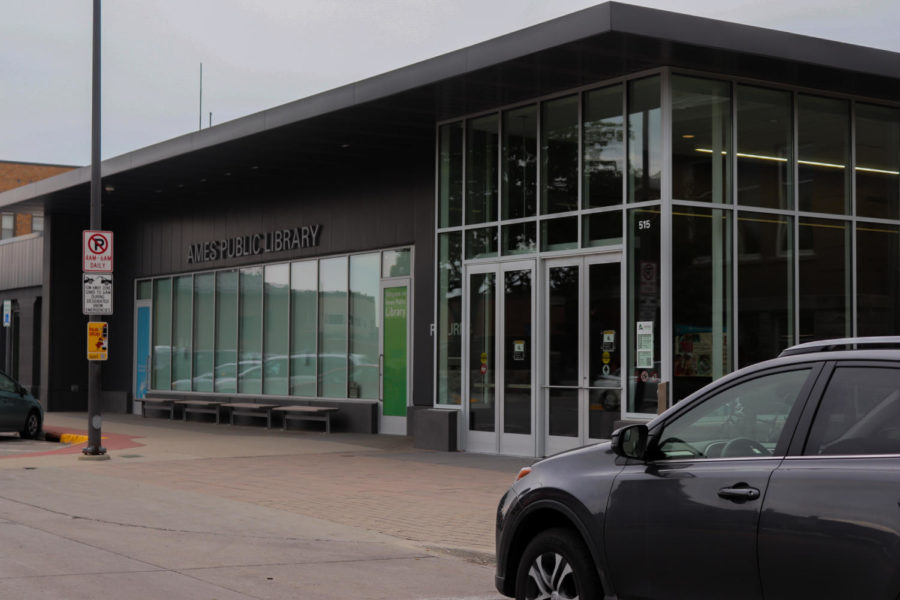Iowa State professionals educate on how to prevent the spread of fake news
The Ames Public Library will have a recorded option for those who cannot attend the workshop that can be viewed on the Ames Public Library YouTube channel.
September 12, 2020
The Greenlee School of Journalism, Iowa State University psychology graduates and the Ames Public Library all teamed up to host a virtual event about fake news. Journalism and psychology professionals discussed what fake news is and how to combat it during the workshop Facing Facts: The Truth About Fake News and What To Do About It.
Julie Roosa, Iowa State First Amendment specialist and adjunct assistant professor, talked about the impacts of fake news and the obligation people have to become better media consumers.
“Fake news spreads faster, wider and more robustly than truthful news, and that’s where we all have a role to play,” Roosa said.
Professionals explained many reasons as to why fake news exists and how consumers are led to believe it. Sherry Berghefer, communications specialist and associate teaching professor at Iowa State, discussed the connections between visual processes and fake news.
“Because images are processed so quickly, we aren’t very good at being able to guard our judgement,” Berghefer said.
She recommended various tools media consumers can use, like reverse image searches, fact checks, and Snopes to verify images and information. Clickbait is another source of fake news. Sources can use clickbait to attract views and create revenue rather than using the facts.
“There is no real revenue incentive to have truthful, factful articles,” said Anthony Miller, graduate student in psychology.
He also talked about confirmation bias and the audience’s role in fake news.
“You tend to look for information that is already consistent with the feelings that you have, and you ignore information that contradicts your preexisting beliefs,” Miller said.
To combat this confirmation bias, Miller said he advises consumers to “consciously look for information that is counterfactual to your beliefs.”
Rachel O’Donnell, graduate student in psychology, presented four steps toward mindful media consumption. These steps include setting kind intentions, acting with awareness, practicing non-judgement and acceptance.
Another way media consumers can decrease the spread of fake news is by making sure accurate information is attained by using multiple sources, especially on political topics.
For more information on Facing Facts: The Truth About Fake News and What To Do About It, the Ames Public Library has provided a list of activities and resources on their website.







